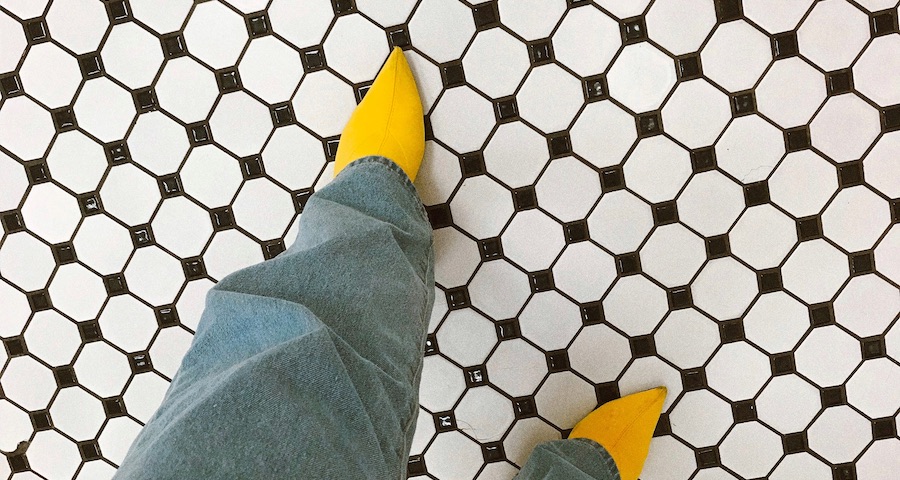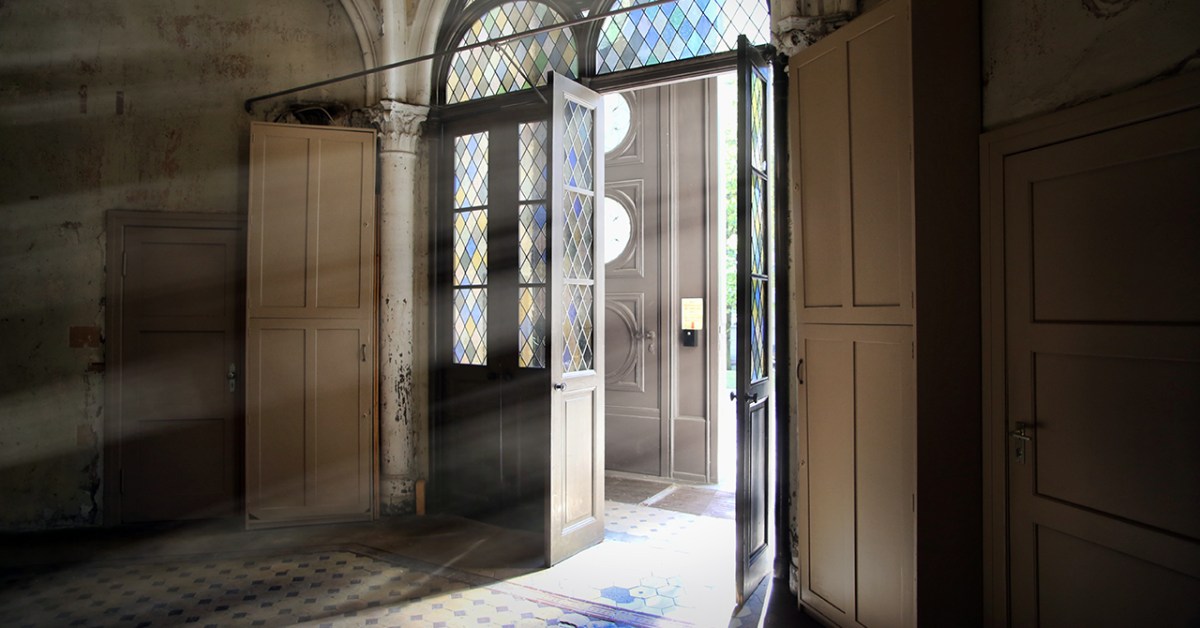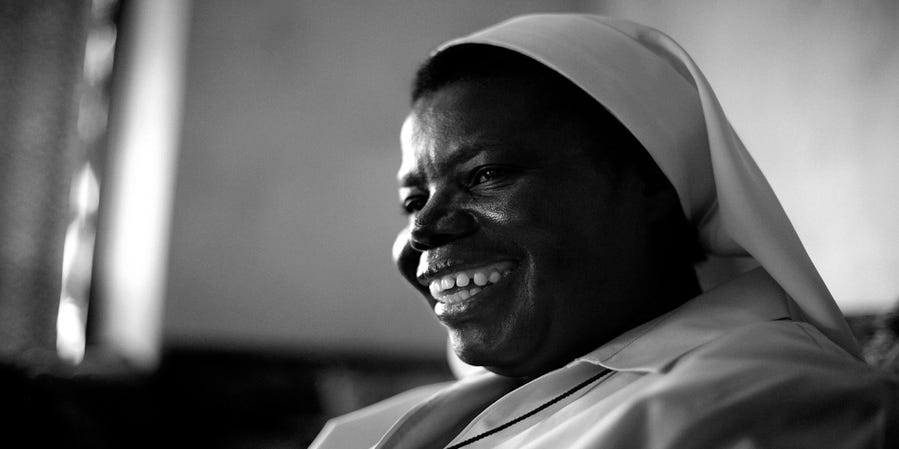From Modest Dress to Personal Style: A Journey Beyond Religious Boundaries
Religion
2025-04-14 04:38:05Content

Breaking free from the constraints of conformity, bold fashion becomes a powerful form of self-expression. Growing up in an environment that whispers "fit in" and "don't stand out" can stifle personal creativity. Yet, choosing to dress boldly is an act of rebellion—a vibrant declaration of individual identity that challenges societal expectations.
When you deliberately select clothing that speaks volumes, you're not just wearing an outfit; you're telling a story. Each bold color, unexpected pattern, or daring silhouette becomes a brushstroke of personal empowerment. It's about transforming the quiet messages of blending in into a loud, unapologetic celebration of who you truly are.
This sartorial courage goes beyond mere fashion—it's a statement of personal liberation. By rejecting the subtle pressures to remain invisible, you reclaim your narrative and showcase your unique spirit. Bold dressing becomes a form of personal revolution, where every outfit is a testament to your strength, creativity, and unwavering self-confidence.
Defying Fashion Norms: The Rebellious Art of Sartorial Self-Expression
In the intricate landscape of personal style, fashion emerges as a powerful medium of individual rebellion, transcending mere clothing to become a profound statement of personal identity and resistance against societal conformity. The journey of self-discovery through fashion represents a nuanced exploration of personal empowerment, challenging deeply ingrained cultural expectations and traditional aesthetic boundaries.Breaking Free: Fashion as a Revolutionary Act of Personal Transformation
The Psychology of Sartorial Rebellion
Fashion serves as more than a superficial aesthetic choice; it represents a complex psychological mechanism of self-liberation. Individuals raised in restrictive environments often discover clothing as a transformative tool for personal expression, challenging internalized narratives of suppression and conformity. By deliberately selecting bold, unconventional styles, individuals reclaim agency over their personal narrative, symbolically dismantling oppressive social constructs that demand uniformity. The psychological mechanism underlying sartorial rebellion involves a profound process of self-actualization. When individuals consciously deviate from expected fashion norms, they engage in a powerful act of personal sovereignty, communicating their inner complexity through external representation. This deliberate aesthetic choice becomes a form of non-verbal communication, challenging preconceived societal expectations and asserting individual autonomy.Cultural Dynamics of Fashion Resistance
Fashion resistance emerges as a sophisticated dialogue between personal identity and broader cultural narratives. Different cultural contexts generate unique frameworks of sartorial rebellion, where clothing becomes a nuanced language of resistance. In societies with stringent dress codes, fashion transforms into a subversive mechanism, allowing individuals to challenge systemic constraints through strategic aesthetic choices. The intersection of personal style and cultural resistance reveals complex power dynamics. By strategically selecting clothing that defies traditional expectations, individuals create visual narratives that challenge established social hierarchies. This approach transcends mere aesthetic preference, becoming a sophisticated form of social commentary and personal empowerment.Psychological Mechanisms of Aesthetic Transformation
The process of developing a bold personal style involves intricate psychological mechanisms of self-discovery and transformation. Individuals navigating restrictive environments often experience fashion as a liberating mechanism, enabling them to reconstruct personal narratives and challenge internalized limitations. Clothing becomes a powerful tool for psychological recalibration, allowing individuals to externalize internal transformations. The act of selecting bold, unconventional styles represents a deliberate strategy of self-definition, challenging internalized narratives of conformity and suppression. Through fashion, individuals create visual metaphors of personal resilience and autonomy.Sociological Implications of Personal Style
Personal style emerges as a sophisticated sociological instrument, enabling individuals to negotiate complex social landscapes. Fashion becomes a nuanced form of communication, allowing individuals to challenge established social narratives and assert individual complexity beyond prescribed social roles. The sociological significance of bold fashion choices extends beyond individual expression, creating broader conversations about personal agency, cultural expectations, and systemic constraints. By deliberately challenging aesthetic norms, individuals contribute to evolving social dialogues about identity, representation, and personal sovereignty.Neurological Foundations of Aesthetic Choice
Emerging neurological research suggests that fashion choices are deeply rooted in complex cognitive processes. The selection of bold, unconventional styles activates neural pathways associated with creativity, risk-taking, and self-actualization. This neurological perspective reveals fashion as a sophisticated mechanism of personal transformation, transcending mere aesthetic preference. The brain's response to innovative fashion choices involves intricate interactions between emotional processing centers and cognitive decision-making regions. By consciously challenging aesthetic norms, individuals engage in a complex neurological process of self-redefinition, demonstrating the profound connection between personal style and psychological well-being.RELATED NEWS
Religion

Breaking: Pope Francis Redefines Global Communication with Unprecedented Charisma
2025-04-21 08:25:25
Religion

Faith and Textbooks: Texas Senate's Bold Move to Reshape Classroom Dynamics
2025-03-25 11:20:00






